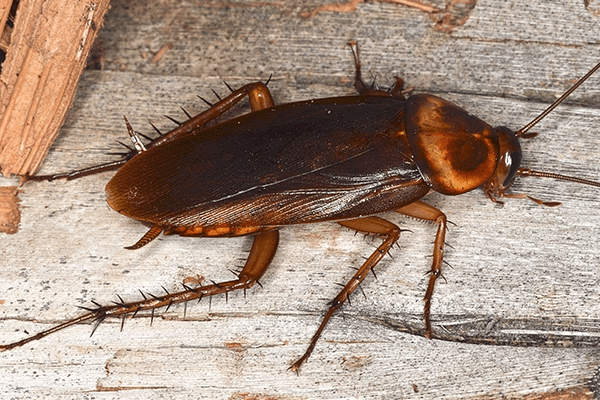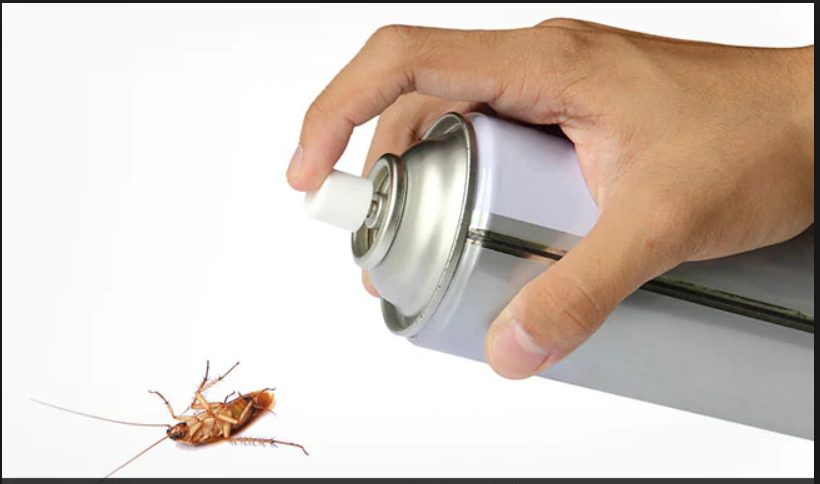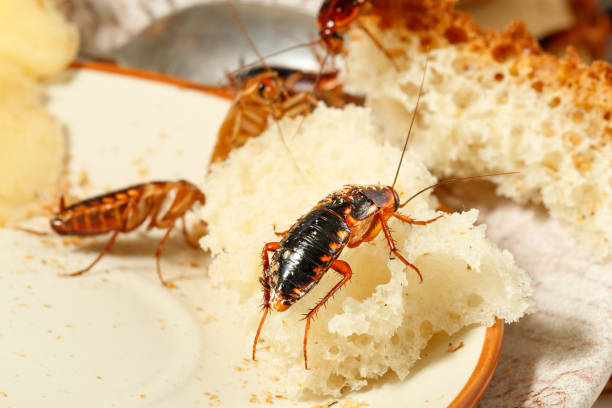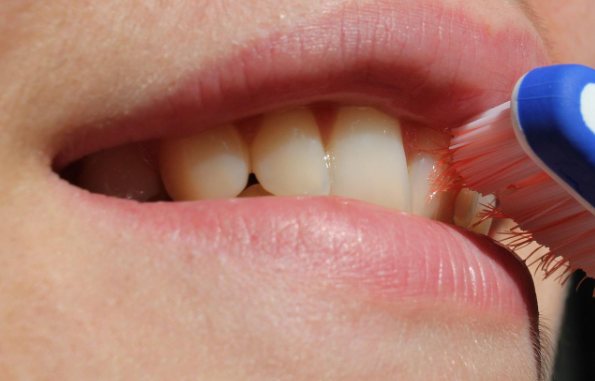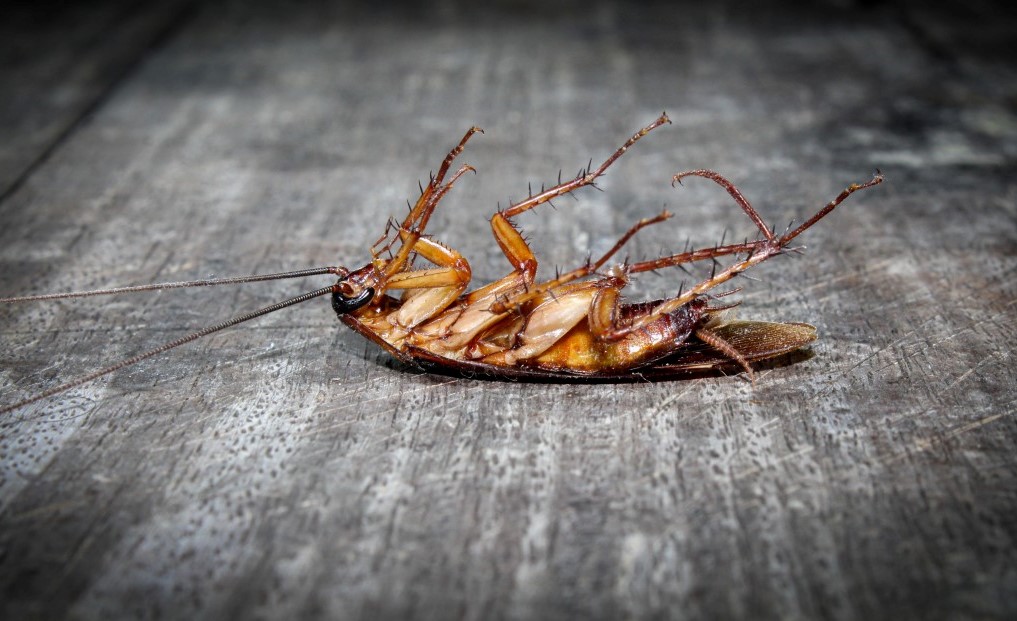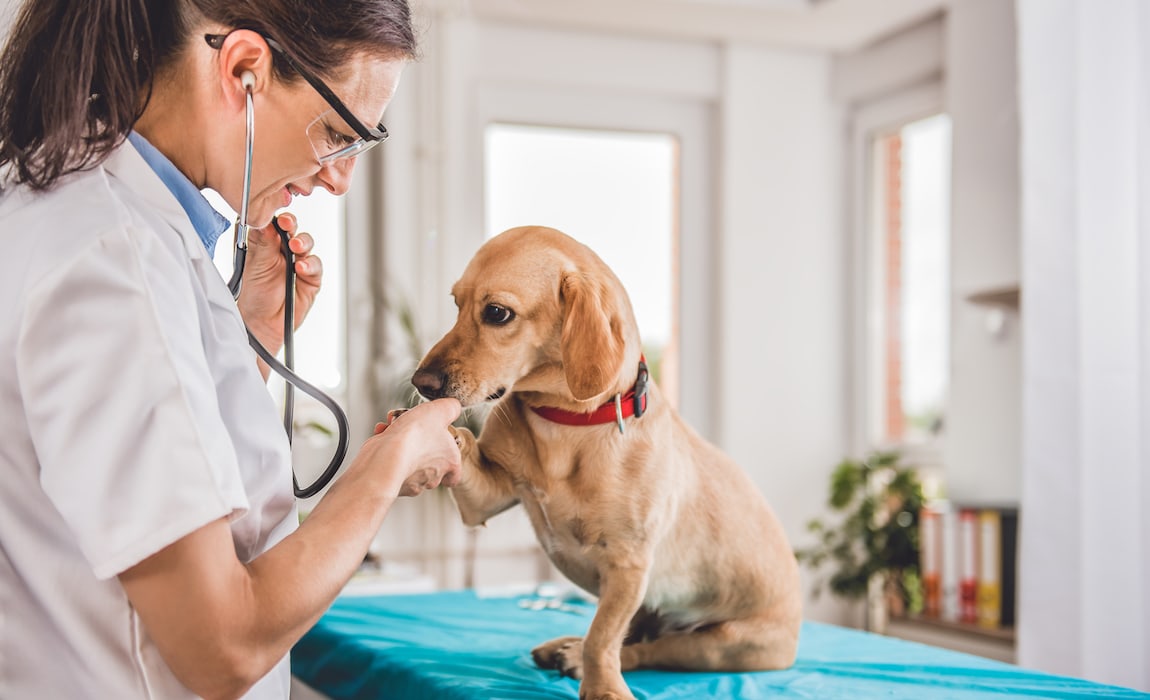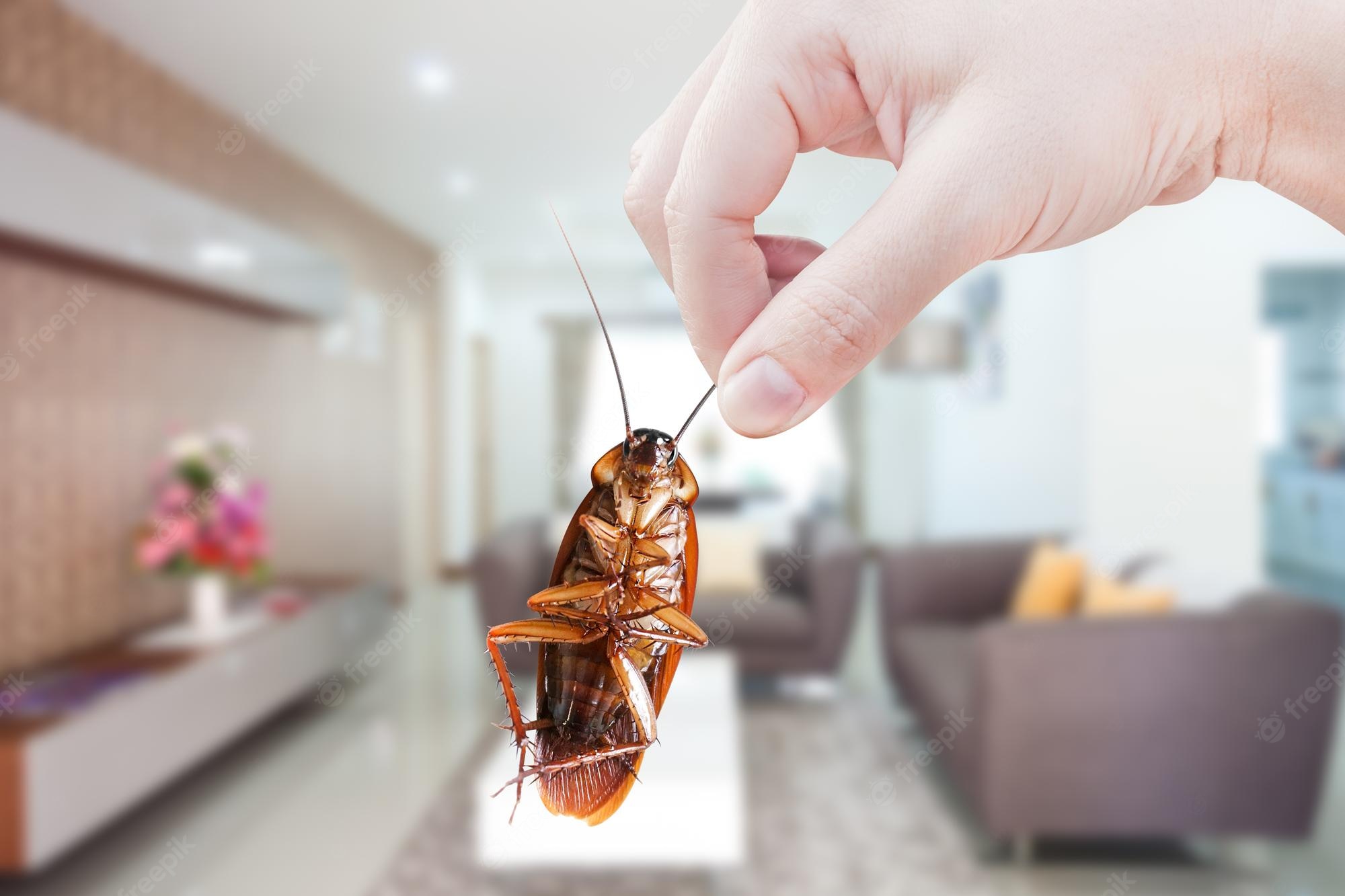Dog Not Eating: Tips to Help You Figure Out
Did you know that your dog’s eating habits are one of the clearest indicators of his overall health? That’s why it can be so concerning if your dog suddenly starts rejecting his food. If your dog isn’t eating, it may be because he feels nauseous or there could be something else at play.
Fortunately, with a bit of research and a few simple tricks, helping your pooch rediscover his appetite is not nearly as complicated as you might think. In this blog post, we will share some helpful tips to help you get to the bottom of why your dog isn’t eating.
Tips to Help You Figure Out Why Your Dog Is Refusing Food
Food is the fuel that keeps our bodies going. For dogs, food also provides the nutrients they need to stay healthy and happy. In general, most dogs love to eat, and most will eat almost anything you give them. However, there are times when your dog may refuse to eat – or even take smaller portions than usual. If you find that your dog won’t eat their food for a day or two, it is nothing to be worried about.
Dogs are not able to fast for long periods without risking their health and well-being. But if your dog consistently refuses to eat for more than three days, then you should be concerned about what could be putting them off their food.
What to do if your dog won’t eat
If you notice your dog refusing to eat, you should try to find out why. Most commonly, it could be that your dog’s diet is too rich, or they simply dislike the flavour of their food. In that case, you need to switch back to their old food, or try them on another flavour to see if they will eat that instead. If you have changed nothing about your dog’s diet and they are still refusing to eat, then you need to be concerned.
Dogs that don’t eat enough will lose weight quickly, and may even lose muscle mass instead of fat, which can be harmful for their health. If you notice that your dog is refusing to eat, you should make an appointment with your veterinarian. Your vet will be able to rule out any medical issues that could be causing your dog to not want to eat.
Check the smell and taste of their food
If you have recently changed your dog’s diet, or you have recently purchased new food for them, you can try switching back to their old food. If you have done nothing at all to their diet, but they are still refusing to eat, then the taste of their food might be the issue.
If you have recently added a new flavour to the house, you may have added it to the dog’s food, or it may be lingering on their bowl. If that’s the case, you need to thoroughly clean the feeding area as well as their bowl so they can get past the smell.
Check the appearance of their food
If you have recently changed your dog’s diet, they might be refusing their food because the appearance of it is different. This can happen if you have been feeding them a lower-quality kibble, and then you suddenly switch to a higher-quality food that looks different. This can be confusing for them, so if you have recently switched their diet and they are refusing their food, try switching it back to their old food.
Check the temperature of their food
If your dog is refusing their food, the temperature of their food could be the reason. Dogs have very sensitive mouths, and food that is too hot will hurt them, and food that is too cold will put them off. Make sure that you aren’t putting their food in the microwave or using hot water to warm the bowl up, and check the temperature of their food regularly.
Check your dog’s bowl and feeding area
If you have checked all of the above, and your dog is still refusing to eat, then it might just be that they can smell something that they don’t like in their bowl or in their feeding area. If you have recently added cleaning products to the house, or if you have recently brought a new pet into the house, then you could have brought the smell into the feeding area with you, or it could be lingering on their bowl.
If your dog is refusing to eat, you should check the appearance of their food, the smell of their food, and the temperature of their food. If you have checked all of those things and your dog is still refusing to eat, you should take them to the veterinarian.
Check for illness or pain
If your dog is refusing to eat, there could be an underlying illness that is causing them not to want to eat. There could be a wound or an injury on their mouth or on their body that is preventing them from eating. If you have checked everything else and your dog is still refusing to eat, you need to get them to the veterinarian as soon as possible so they can run tests to find out what’s wrong.
If your dog is refusing to eat, it is important to find out why. If they are refusing to eat, they are losing weight and strength, which is dangerous. Their body needs food to function properly. If your dog refuses to eat, get them to the vet so they can be examined. Your vet can determine if there is an underlying medical condition causing them to refuse food.
Conclusion
Most dogs love to eat, and will consume their daily dose of food with gusto. If your dog suddenly refuses to eat, it could be for a number of different reasons. You should take your dog to the veterinarian if they stop eating, as not eating can be dangerous. If you notice that your dog won’t eat, you should try to find out why. Once you’ve solved their feeding issues, you can look forward to happy snacking once again!
